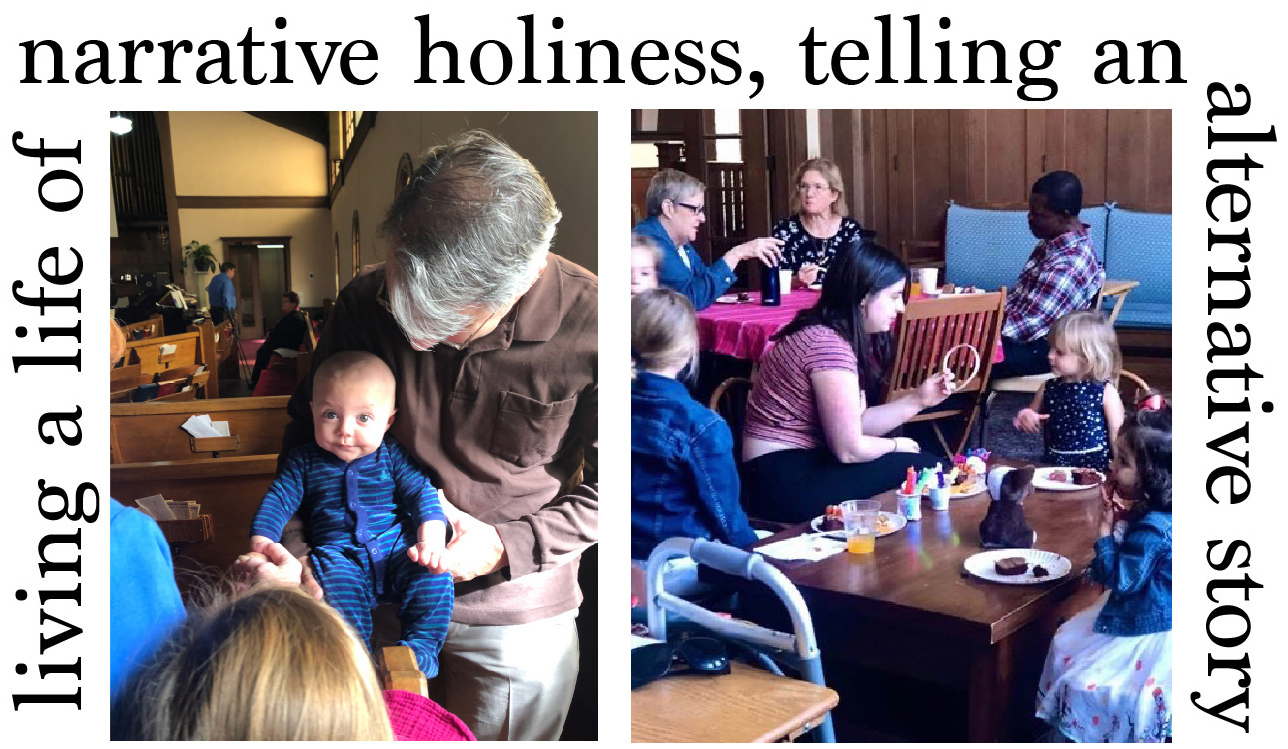
We live in a complex and anxious age. Many argue more so than at other times because we are living in a time of massive change, the emergence of a new world through technological development, wide cultural interaction, economic disruption and emerging consequences of climate change. We can respond to such change with fear of the different and despair of losing the familiar. We can also choose to step into the change, developing the muscle of discernment to embody accommodation without compromise. We can adapt and change without losing who we are and both what we stand for and with whom we choose to stand. In the Bible, such integrity of identity is called holiness.
The Book of Daniel tells stories of how some of the ancient Israelites exiled in the foreign culture of the great power of Babylon (following the latter’s conquest of the kingdom of Judah in 598 and 587 BCE) sought to accommodate to their new existence without compromising their beliefs, values, and identity.
Daniel and his three friends, who are the protagonists in the fiery furnace story of chapter 3 have been selected to serve in the Babylonian government. It was a way for the great power to acclimate conquered foreigners into their culture, erasing their cultural and religious background to transform them into good Babylonians. It was a covert way of accomplishing cultural genocide and white-washing history. They accommodated the changes without compromising their faith as we see in the way they eat in chapter 1 and throughout the story of chapter 3. Their story was one of encouragement to the Israelites in the Babylonian Captivity and later for the Israelites returned home to Palestine but later conquered and controlled by the Greeks and Romans (3rd -1st century BCE); pushed to reject their native culture and beliefs to acclimate to the imperial ones of Greece and Rome.
We are faced with a similar challenge in our Babylonian Exile today – how should we live? How do we make sense of life? How do we respond well to life’s circumstances?
1 Peter 2 is written to Christians facing their own “exile captivity” in the Roman Empire in a time of persecution. Peter writes to remind those who follow Jesus that they are unified in their call, identity, purpose, and personhood even in their differences. We face that same challenge in our time of massive cultural upheaval, economic disruption and change when we are encouraged to focus on our differences, to rally around our “tribes”, to resist change through fear, division & violence, to “fit” without losing ourselves.
Questions for the practice of Examen & Contemplation
- What word, phrase or image grabs your attention?
- How does that word intersect with your life?; our life?
- When do you feel most alone, or with-others, in your faith?
Download the text study guide that we’ll use in our Vocabulary of Faith Class @CAPCOakland HERE.